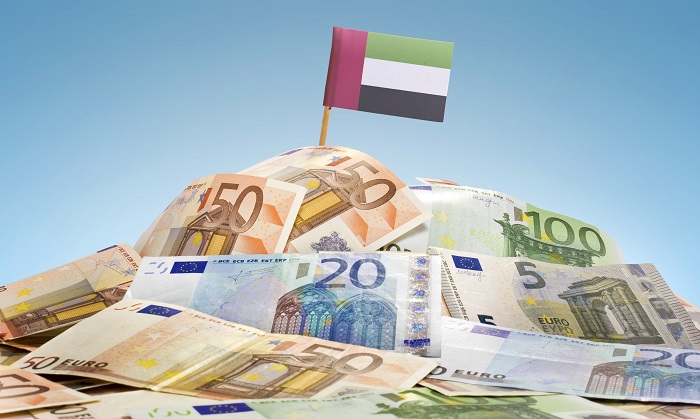The new levy has been set at 5% and applies to the majority of goods and services in both regions. These items include petrol, diesel, food, clothes and hotel rooms.
According a report by BBC News, the UAE estimates that VAT income, in the first year, will be around AED12bn (£2.4bn, $3.3bn, €2.8bn).
The Gulf states introduced the tax as they look at alternative ways to address falling oil prices.
Some outgoings have been made exempt from the tax, or given a zero-tax rating, including financial services. However, the new VAT law specifies that on some services customers will be required to pay VAT at the rate of 5%, and these include any financial service for which an explicit fee, commission, discount or rebate is applied.
Further taxes possible
In December the UAE confirmed it was considering introducing further taxes in addition to VAT.
The Ministry of Finance said on 13 December: “The UAE is exploring other tax options according to best international practices”.
“These options are still under analysis and study and it is unlikely they will be introduced in the near future. The UAE is not currently looking at introducing income tax,” he said.
In June the UAE introduced an excise tax on tobacco and energy drinks in October at a rate of 100% and a 50% rate on fizzy drinks.
Saudi Arabia also recently rolled out a monthly fee of SAR100 (£20, $27, €23) per expat dependent.





